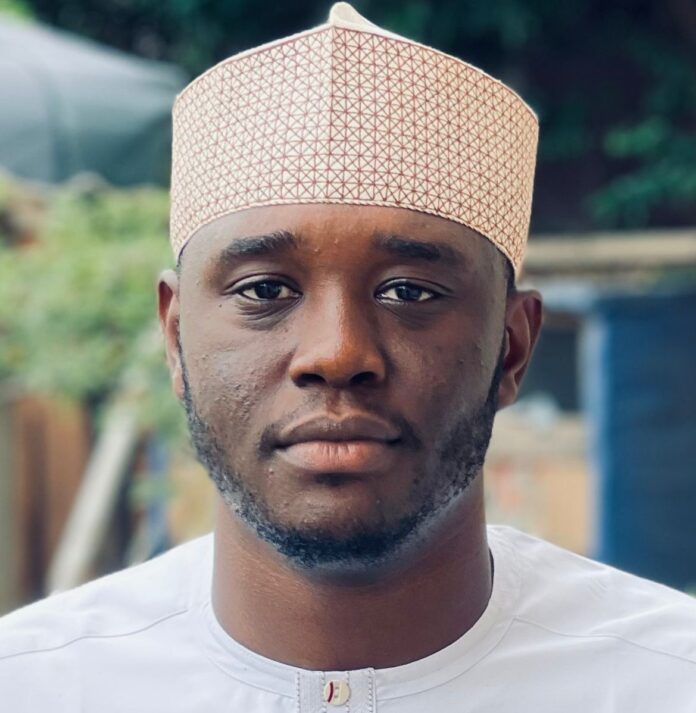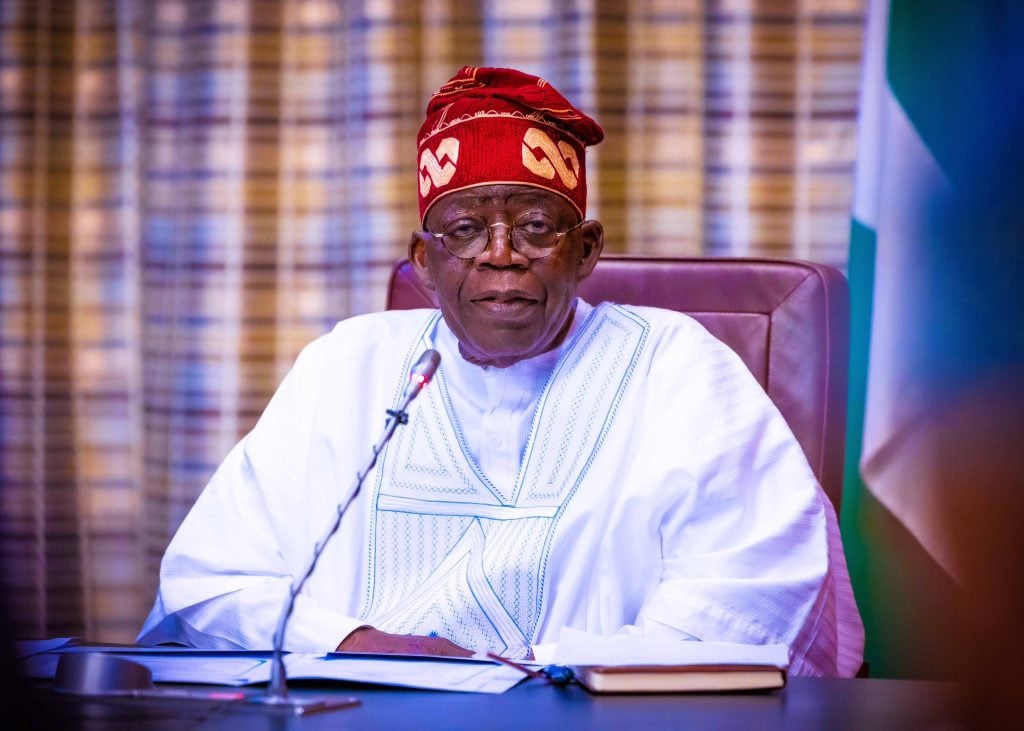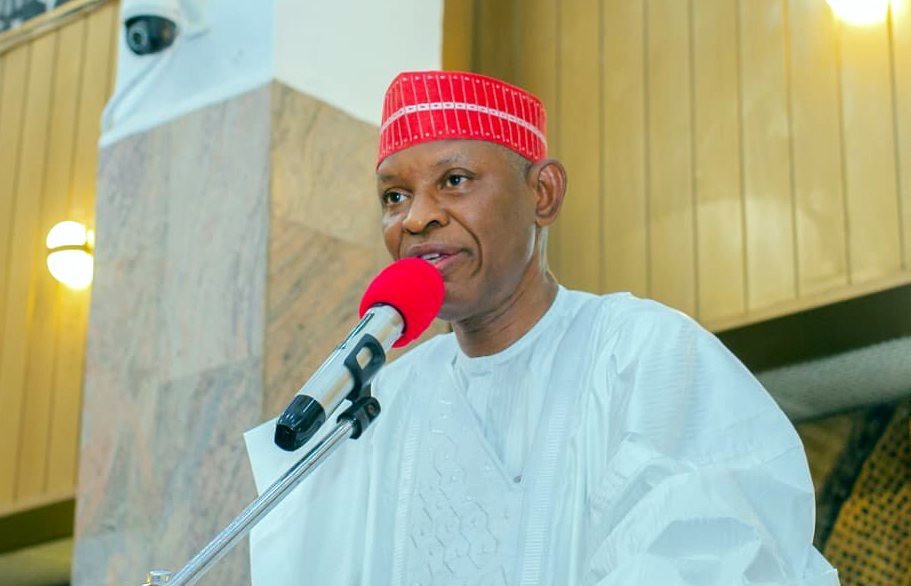By Gidado Shuaib
While I was in Kano for a friend’s wedding, I overheard a conversation that Uber drivers in Abuja have increased the cost of commuting from the airport to the city center to N15,000. Given the new price, I knew any time I returned to Abuja, I would have to trek home. As a university lecturer, there is no way I could afford such a price.
The abrupt removal of the fuel subsidy by our brand new President, Ahmed Bola Tinubu, on the floor of his inauguration, has exacerbated the economic difficulties Nigerians have been battling for years. The president has made the announcement and it is already being implemented religiously. However, as Nigerians continue to groan, we need to realize that sustaining the subsidy will not only cripple the economy but will also continue to keep us deeply indebted.
Nonetheless, I wanted to frown at the fact that the removal was carried out in the absence of an economic team which ought to help in recommending strategies that will cushion its effects, But because Tinubu is an acclaimed strategist, I have the belief that a lot of thoughts and strategies would have been considered or are currently being considered.
It was after the announcement that the President met with the Nigerian Labour Congress (NLC). This meeting should have happened before the announcement.
But how would the ordinary Nigerians survive the pangs the removal is coming with? They have been appealing for the implementation of the minimum wage, but the state governors have been reluctant about it. The reality is that some states can’t pay. But even if the minimum wage is implemented, it won’t take a man who has a family anywhere.
According to the new price template, Lagos State has the lowest pump price at N488 per liter, while Maiduguri and Damaturu have the highest at N577 per liter.
Following a meeting with the president, Mele Kyari, Group Chief Executive Officer (GCEO) of the Nigerian National Petroleum Company (NNPC) Limited said the subsidy payment was no longer sustainable as it hinders the company from funding its core businesses.
“Today, we are waiting for them to settle up to N2.8 trillion of NNPC’s cash flow from the subsidy regime and we can’t continue to build this,” Kyari said.
The GCEO said since the provision of the “N6 trillion in 2022, and N3.7 trillion in 2023, we have not received any payment whatsoever from the federation”.
Kyari said the NNPC made the petrol subsidy payments from its cash flow, noting that the government has been unable to pay back the N2.8 trillion spent so far.
“That means they (the federal government) are unable to pay and we have continued to support this subsidy from the cash flow of the NNPC,” the GCEO concluded.
Many experts and agencies have been pushing for the removal of the fuel subsidy for years, one of which is the Nigeria Extractive Industries Transparency Initiative, NEITI. It has been consistent with her call since 2006, saying it was concerned about the huge financial burden it places on the growth of the Nigerian economy.
An estimated $74.39 billion which translates to N13.69 trillion was spent on subsidies between 2005 and 2021. This figure is outrageous. Nevertheless, for the fuel subsidy removal to be impactful to Nigeria, there is an urgent need to strengthen the implementation of the Petroleum Industry Act (PIA). Currently, the implementation isn’t total but halfway.
There is also a need to kick-start people-oriented welfare programmes to cushion the pangs. In doing it, attention must be given to the poor and vulnerable. The government should also prioritize the rehabilitation of the nation’s four refineries. Nigerians do not know the amount of PMS they consume daily. We ought to know. Additionally, the government should enforce stringent sanctions for criminal activities in the sector and conduct appropriate stakeholder consultations, engagements, and enlightenment.
Finally, before Tiwa Savage confuses us about relocating out of Nigeria over the current challenges, I am advising my fellow compatriots that we must all come together and fix our country as this is the only way we can all beat our chest and be proud of what we have.
Gidado Yushau Shuaib is a staff of Baze University Abuja.












